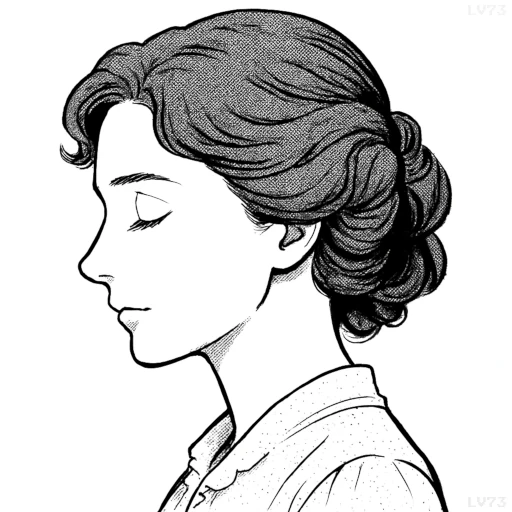“The heresy of one age becomes the orthodoxy of the next.”

- June 27, 1880 – June 1, 1968
- American
- Author, educator, human rights activist
table of contents
Quote
“The heresy of one age becomes the orthodoxy of the next.”
Explanation
In this quote, Helen Keller reflects on the evolution of ideas and the way society’s beliefs change over time. What may be considered heretical or radical in one period—ideas that challenge the status quo or existing systems of thought—can, over time, become widely accepted and even established as the norm in the next. Keller is pointing out that progress often involves a shift in thinking, where new ideas are initially met with resistance or condemnation, but eventually, they reshape societal understanding and become mainstream. This cycle is part of the natural process of intellectual and cultural growth.
Keller’s own life exemplified this dynamic. As a deaf-blind individual, her work as an author, educator, and advocate for people with disabilities was initially met with skepticism. In her time, the idea that someone who could neither hear nor see could lead a productive and influential life was considered unconventional. However, her achievements challenged societal assumptions and helped change the perception of what people with disabilities could accomplish. Keller’s work contributed to a shift in societal attitudes, proving that ideas once seen as radical can eventually become part of mainstream thinking.
In today’s world, Keller’s quote speaks to the importance of challenging existing norms and thinking critically about the world around us. Many of the social, political, and scientific advances we take for granted today—such as the civil rights movement, gender equality, or the acceptance of LGBTQ rights—were once seen as radical or controversial. Keller’s words remind us that progress often comes from ideas that initially seem unacceptable, but which, over time, can become vital to our collective understanding. Her quote encourages us to embrace innovation and reform, understanding that challenging the status quo is often the first step in creating lasting, meaningful change.
Would you like to share your impressions or related stories about this quote in the comments section?
